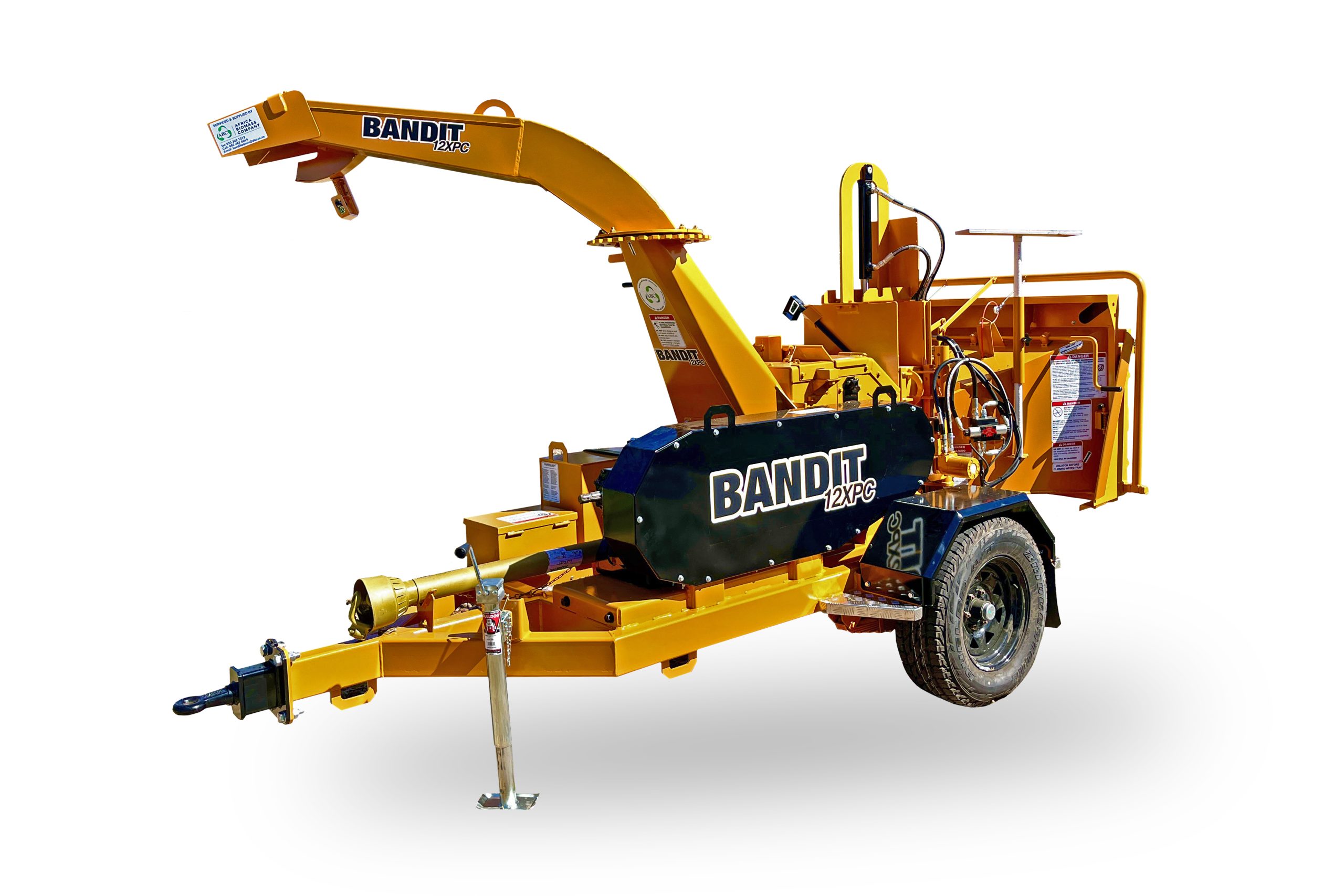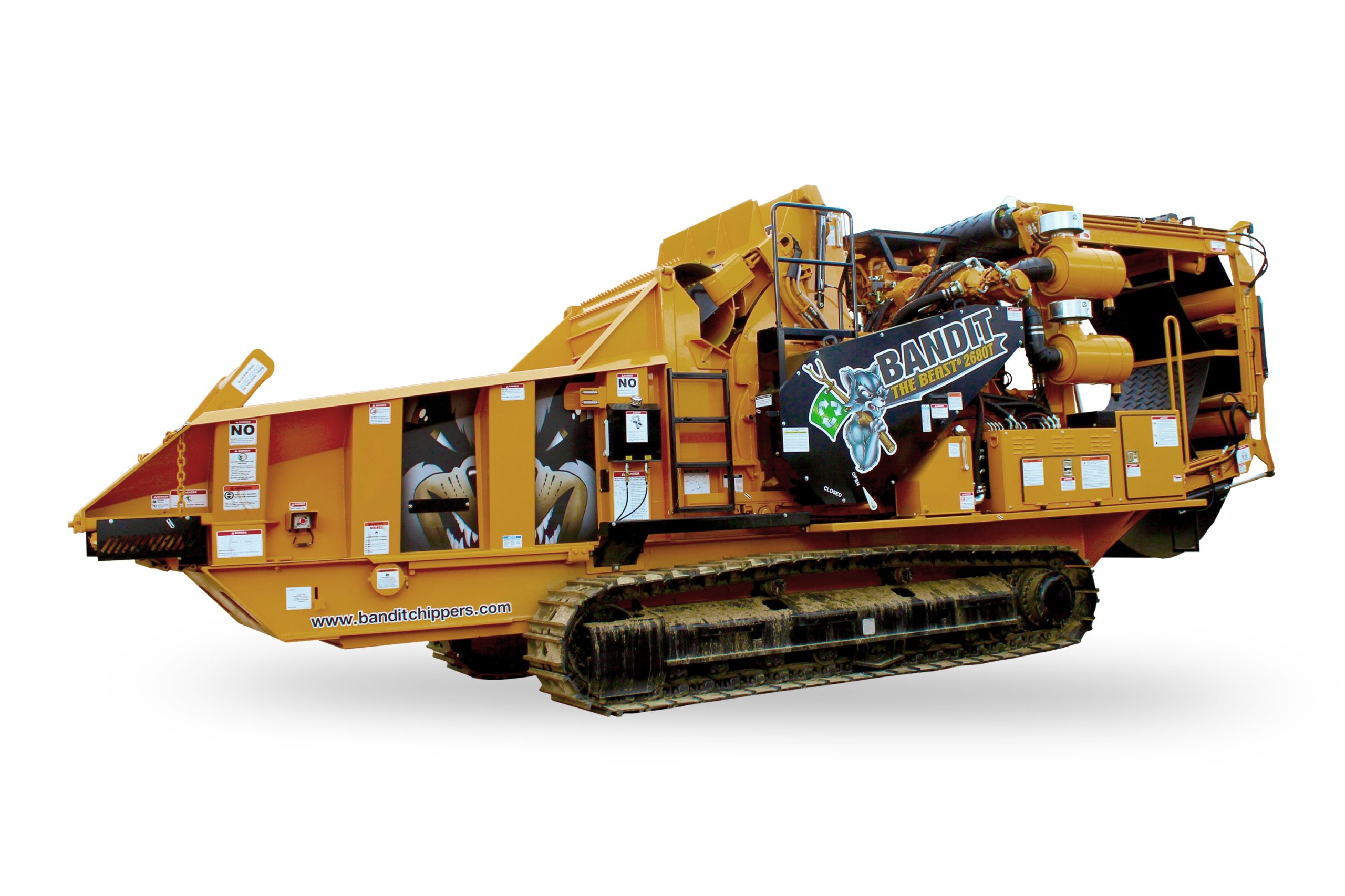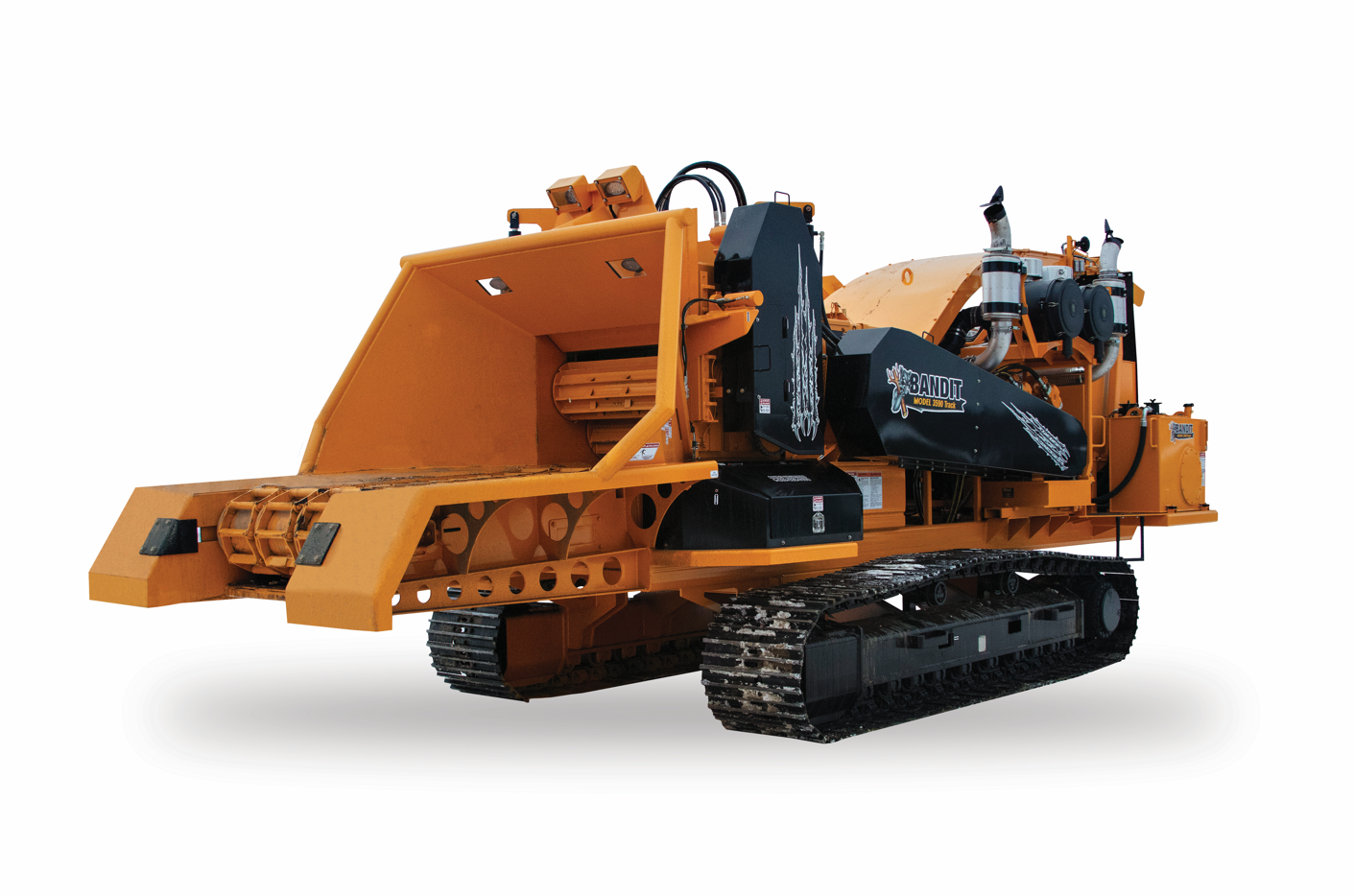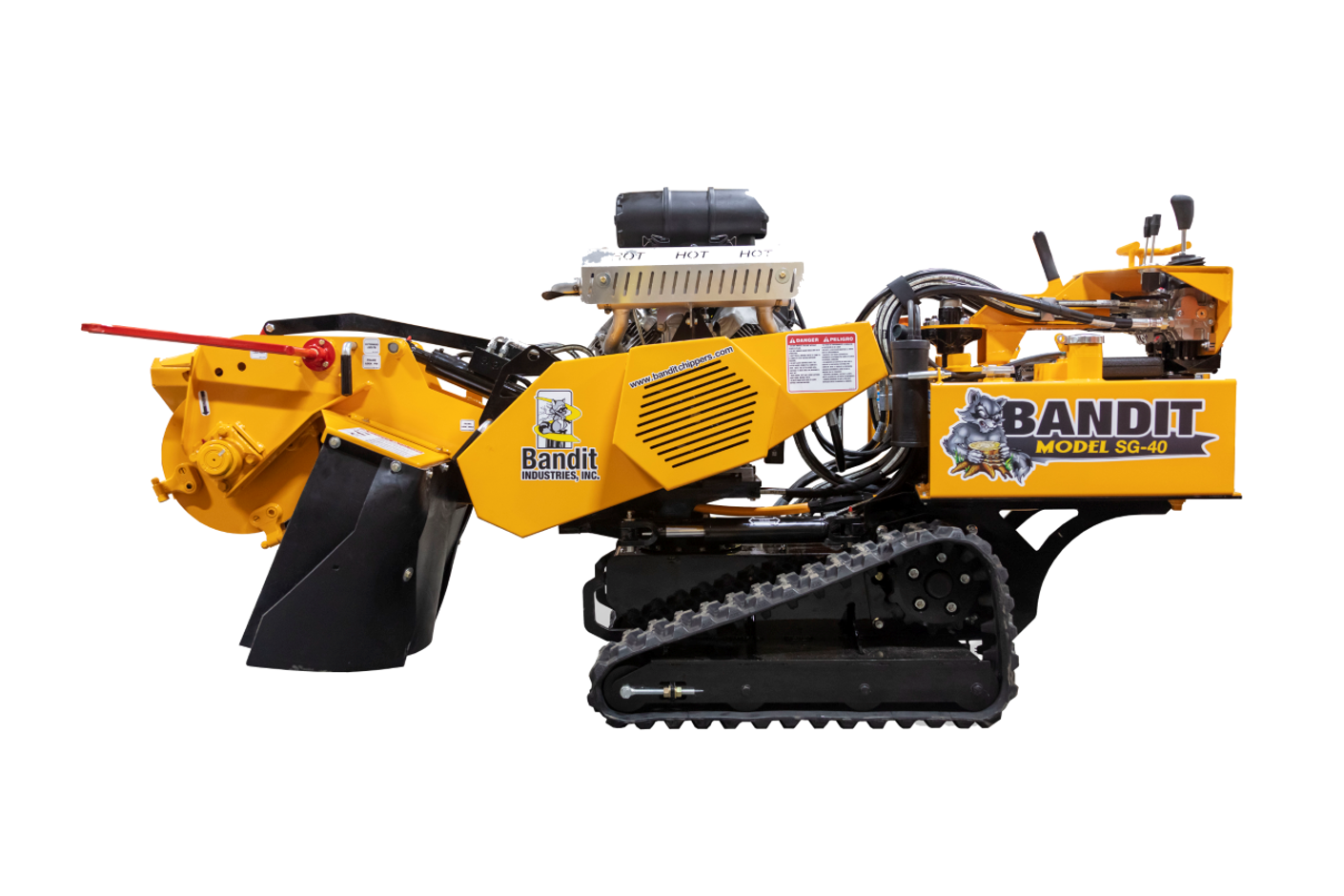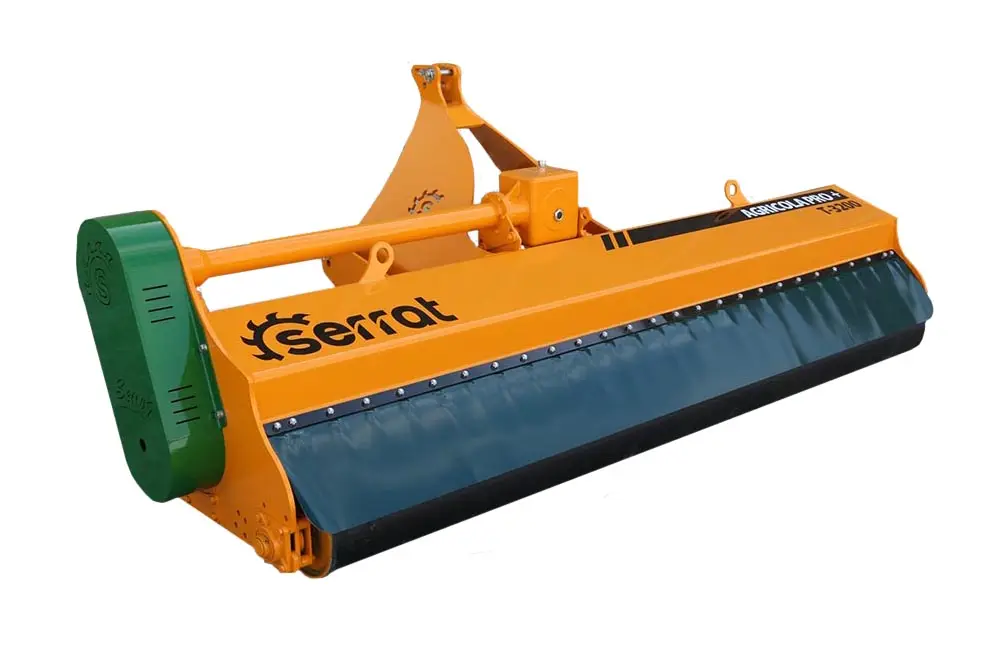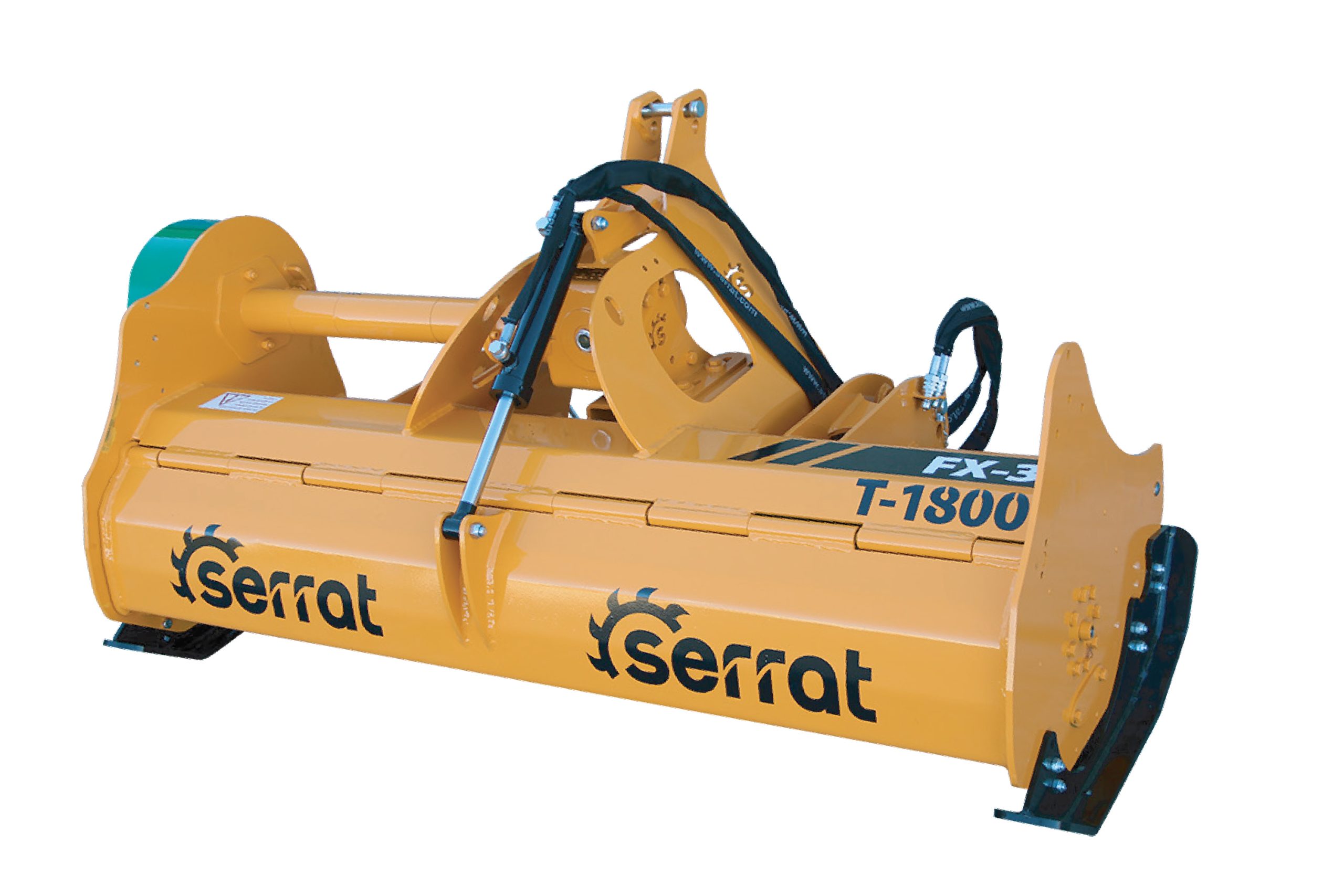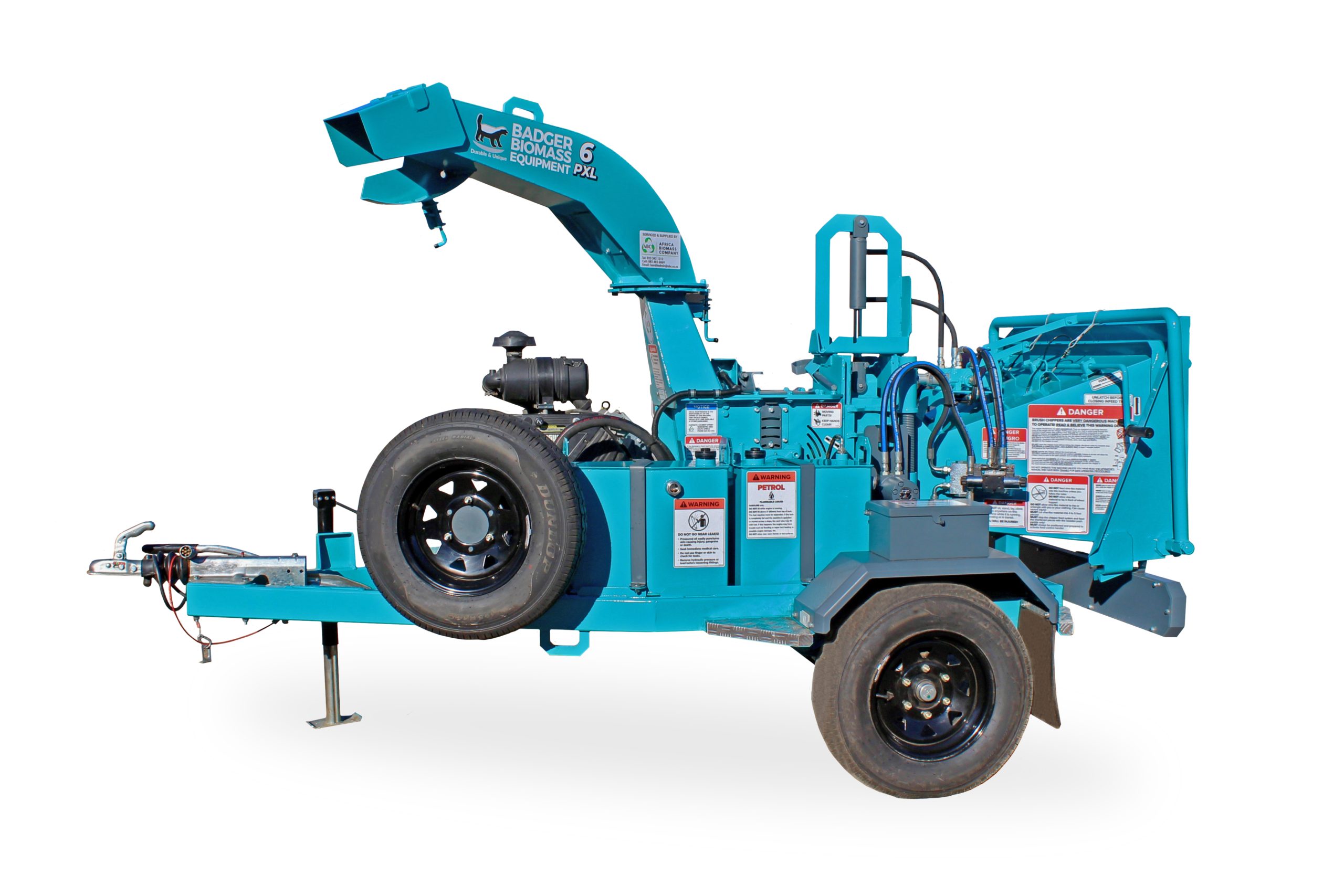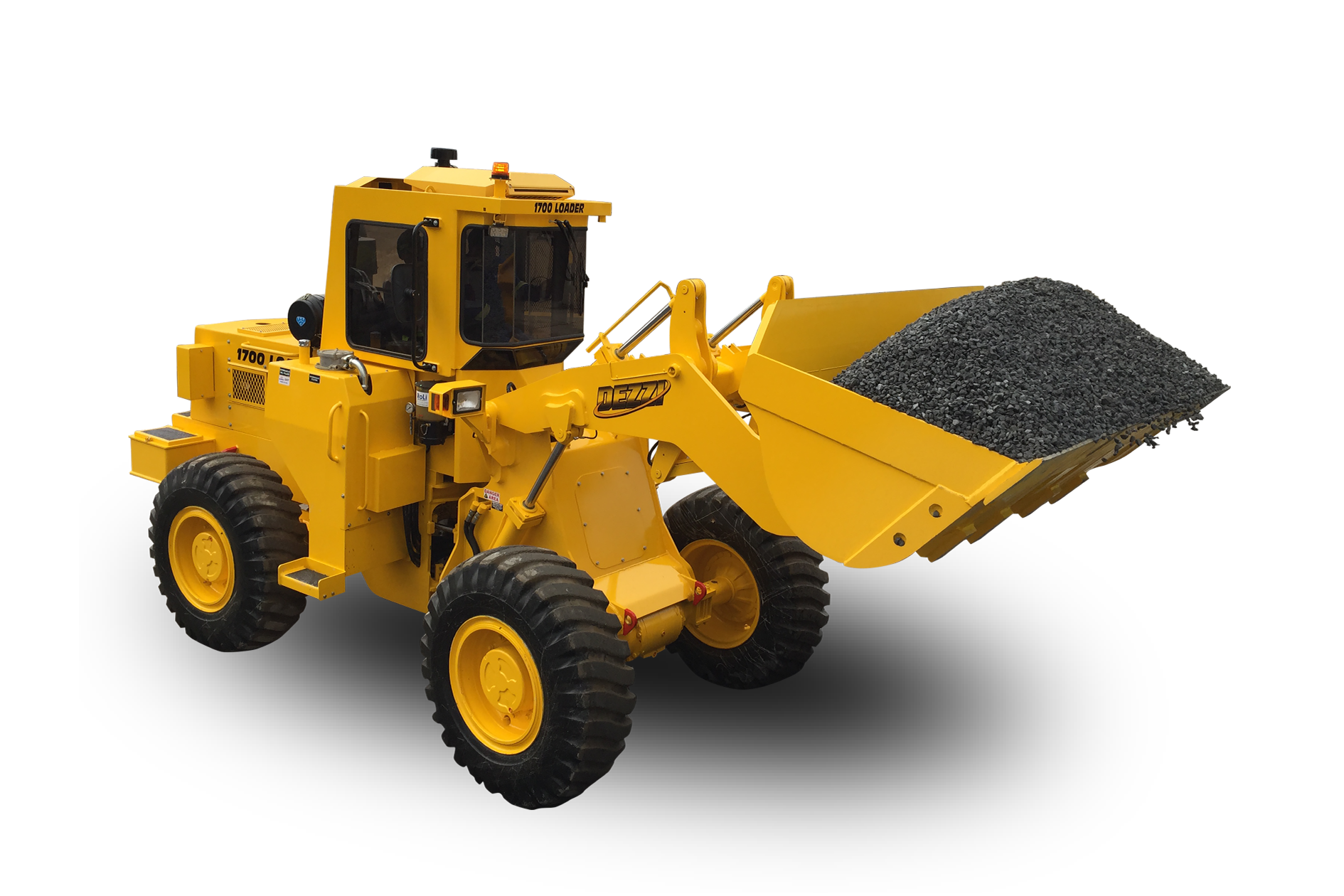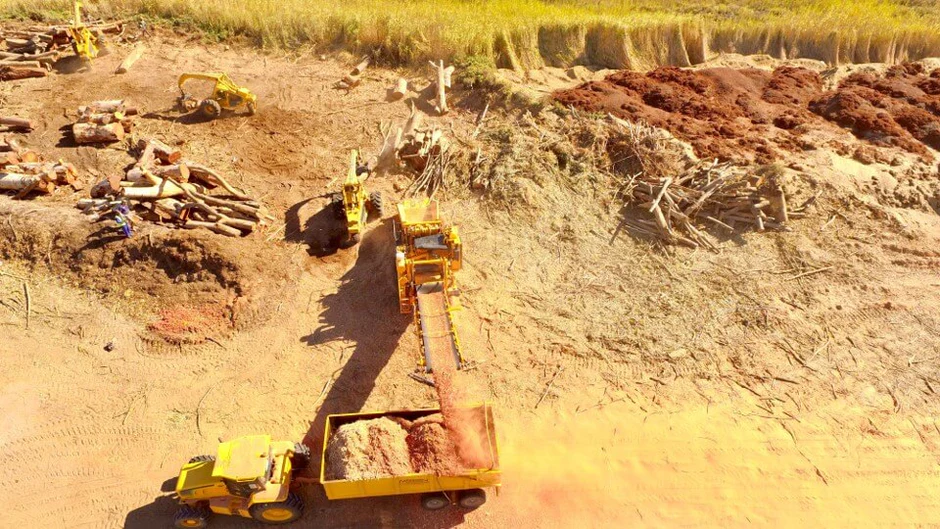
Many farmers argue that burning cleared biomass is the cheapest form of site preparation before new agricultural development.
Although this may be true from a quick and easy disposal point of view, the value of beneficial elements (Nitrogen (N), Phosphorous (P), Potassium (K), Carbon (C), and Organic matter) lost in the process is enormous. At the same time, the benefits of using biomass for composting are highly fruitful.
In this article, we’ll be discussing why burning cleared biomass is causing your
potential revenue to go up in smoke.
What is Biomass?
Biomass is plant-based material typically used in two ways, for heat & electricity generation; or for mulch spreading. Africa Biomass Company is one of the largest wood chip producers in the world and the most experienced in Africa. Dimensional wood chips are produced from alien invasive trees in South Africa.This biomass is used in agri industrial applications as a greener alternative to coal to produce heat or electricity.
Mulch is created from recycled orchards, vineyards, or windbreaks and is then applied to new or existing plantations. Wood chips can either be mixed with compost or be used on their own. Africa Biomass Company’s patented mulch spreader is used to ensure that mulch is spread evenly and efficiently in new or existing plantations.
What are the benefits of using biomass to create mulch?
As an alternative to the quick and easy solution of burning biomass, it can be applied to plantations on its own or mixed with existing compost for its valuable elements and organic matter. The value of carbon (C) for your soil should not be underestimated; this significantly boosts soil health and promotes fertility.
https://abc.co.za/wp-content/uploads/2022/09/Mulch-spreading-operation-2-1.jpg
By composting the biomass with manure, you could significantly decrease the volume of fertilizer required for a new development (In most cases, the costs cut from fertilizer would cover the cost of making one’s own compost on site.)
Africa Biomass Company Composting yard
Other improvements due to mulching include reduced fruit splitting (a disfiguring condition on the fruit’s skin) due to the equalized moisture and temperature balance below the insulating mulch layer, leading to less fruit being vulnerable to diseases and pests. A better yield per hectare can also be expected due to the more productive root zone under the insulating mulch bedding.
Conclusion
No matter what you intend on doing with your unwanted biomass – Preserve, never burn, and it could be one of your best investments for the long-term health of your soils. The return on investment from soil health, fertility, and long-term eco-sustainability, is priceless. For a complete breakdown of the value lost when burning bio

